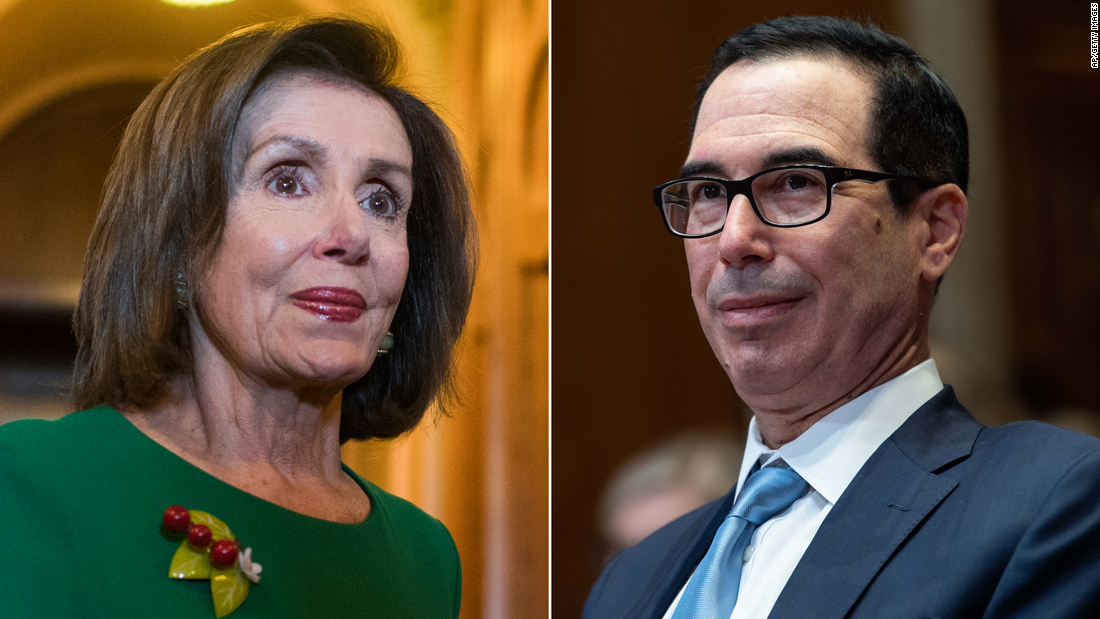By the time Dr. Bonnie Henry walks into the marbled library in the B.C. Legislature at 9:30 a.m., her Wednesday is already well underway. In less than three hours, she’ll be on a conference call, walking dozens of reporters through the provincial plan for handling the pandemic during the winter flu season. An hour after that, she’ll step to the podium to announce the plan to the public.
She still doesn’t know exactly what she’ll say — she’ll approve the finishing touches shortly before the announcement — but she has one word to summarize what B.C. needs to do going forward.
“Refocus,” she said.
After six months of managing B.C.’s public health response to the pandemic, Henry’s trademark calm and compassion are still intact, even though she has recently faced her first bouts of criticism.
And, despite the pandemic’s constantly evolving challenges, she still leans on the science-based approach that has guided her 30 years in her field.
Henry said she was sleepless the night before her last sit-down interview with CBC’s The National on March 12, just as the pandemic began to feel real in B.C. And apprehension is high again as the province deals with a spike in cases. B.C. has beaten its own daily records for new cases a number of times in recent days.
But despite the alarming numbers, Henry seems confident the province is in a better place than it was in March.
“We knew that was going to happen,” she said of the summer spike. “But we also know that we know how to control this. We do it through case management. We do it through contact tracing, trying to keep a lid on it, trying to keep it away from those we know now are more vulnerable.”
B.C. officials are asking people to shrink their bubbles, reverting to a maximum of six people for the fall. Henry says the public needed to have a more relaxed summer for the sake of their mental health, but that time is over.
“People needed to vent,” she said, slowly gesturing around an imaginary bubble.
“We have to find a different balance now.”
Watch the full interview with B.C. Provincial Health Officer Dr. Bonnie Henry tonight on The National at 9 p.m. ET on CBC News Network and 10 p.m. local time on your CBC television station. You can also stream The National online on CBC Gem.
Recently, some members of the public, particularly parents and educators, have questioned Henry’s advice on at least two key issues: the decision to send kids back to school and not requiring face coverings to be worn in all indoor public places.
“That’s hard for me to hear because, absolutely, the most important thing we want to do is have children back in a learning environment and to do it safely for everybody,” Henry said, in response to the criticism from parents.
“This time of year, going back to school, has always been a challenge … it just is compounded by this pandemic. We can manage it — we’ve been learning from other places around the world that have done it successfully. We’ll do it successfully here too.”
WATCH | Henry says “the optimist” in her sees a COVID-19 vaccine by next summer:
Henry has said keeping kids out of school any longer than necessary is harmful to their physical health, mental health and development.
“This virus is going to be with us for some time, so we need to learn how to live with it in a way that’s sustainable for months, maybe years,” she said.
As for masks, Henry said she won’t enact a sweeping requirement, despite the pressure.
“I’ve been a supporter of wearing masks at the right time in the right place,” she said, referring to those who ask why she won’t “follow the science” on masks.
They are “not the first line of defence,” she said.
There is also potential for political pressure this fall. B.C. Premier John Horgan, whose minority government has seen a boosted approval rating during the pandemic, has not ruled out a snap election. Success or failure in managing the pandemic could influence voters.
Henry says she hopes a vaccine will be available, at least to some portion of the population, by summer 2021.
“I’m hopeful in the new year and by next summer we’ll be in a good place,” she said.
On a personal note, Henry doesn’t linger on praise — tell her about public adulation and she deflects to the “amazing team of professionals” collaborating with her — or delve into how she’s doing. She said support from the public has been striking.
“I get letters from young people … I’m so struck by how resilient children can be,” she said.
“The other people I’m struck with are our elders and seniors and how much I have learned from them … I’ve had some amazing letters from people who’ve said, ‘I’ve been through wars, I’ve been through things, we’ll get through this.'”

Devoted web advocate. Bacon scholar. Internet lover. Passionate twitteraholic. Unable to type with boxing gloves on. Lifelong beer fanatic.




